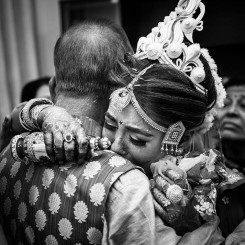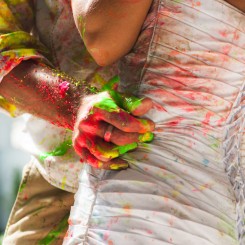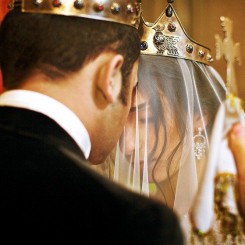When Will My Wedding Photos Be Ready? Understanding A Photographer’s Editing Process
Posted by Admin on July 28th 2017
In the days of film photography, wedding photographers all over the world took their rolls of film to the photo lab on Monday, and a few weeks later received a box of prints, perfectly balanced and color corrected. Fast forward to the digital age, a photographer loads the digital files into their computer and begins processing thousands of images for their clients. The photographer is now primarily the lab. While this has cut down on film processing fees, the time spent in front of the computer has exponentially increased for photographers since the early 2000’s.
Most photographers enjoy the editing process because it gives them full control over their art. However, they now must pay for frequent updating of computers, software, training, and storage to maintain the thousands of digital files that they take every year. All of this is built into the price that you pay when you hire a professional wedding photographer!
Do: Ask what the time frame is for final delivery. Because photographers spend a lot of time in post-processing, it’s not unusual for delivery times to be as long as eight weeks after an event. Many photographers will be faster, but it depends on their style, workload, and process.
Don’t: Email or call them asking for updates or ask to be put in the front of the editing queue before the due date. Every moment they have to answer a call or an email takes them away from the editing they have to do for you and other clients. Of course, if it’s been more time than was in your contract and you have not heard from them, it is appropriate to contact them to find out the why there is a delay in delivery time.
Do: Be clear with your photographer before the wedding regarding any concerns you have about your appearance in the photos. This is not the time to be shy about your feelings. Your wedding photographs will last you a lifetime. If for example, you are sensitive about being taller than your groom, the photographer can be proactive by using different posing techniques rather than having to digitally retouch the photos after the fact.
Don’t: Expect that if you don’t like something about your pictures that the photographer will fix them at no additional charge. Most photographers include editing in their fees, which equates to cropping, lightening and darkening an image. If it was something out of the photographer's control (you don’t like the way your hair looked, for example), most will charge for digital retouching. Find out in advance what is included with the final delivery of your digital files and what would be considered outside the scope of the editing process.
Browse through some of our ISPWP award winning wedding photos for inspiration!
Photo credit: Megan Photography






